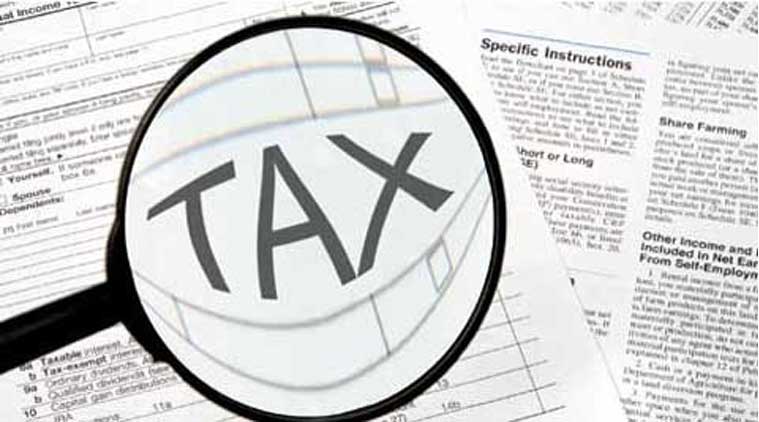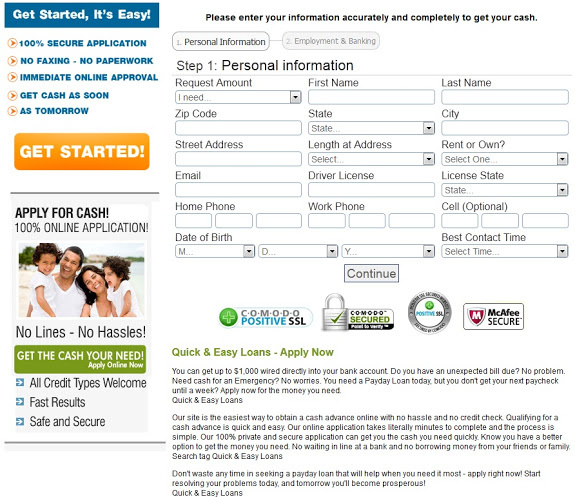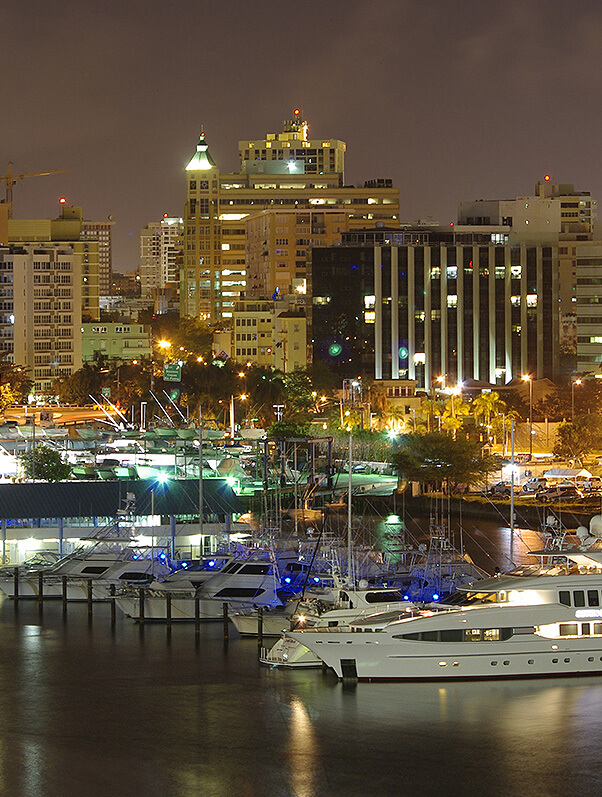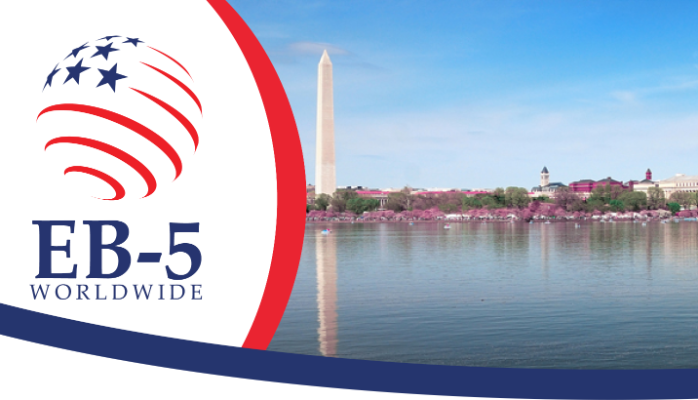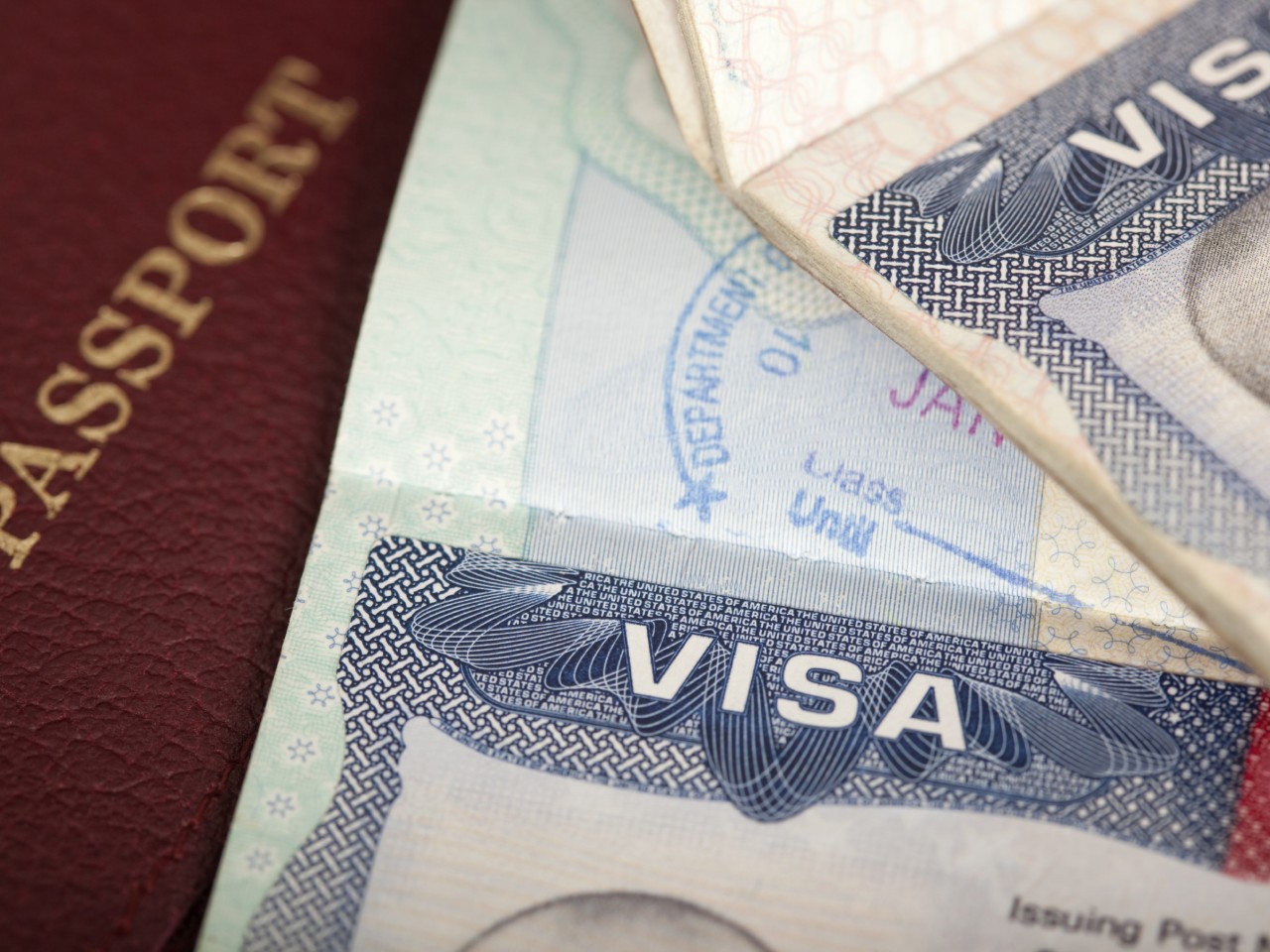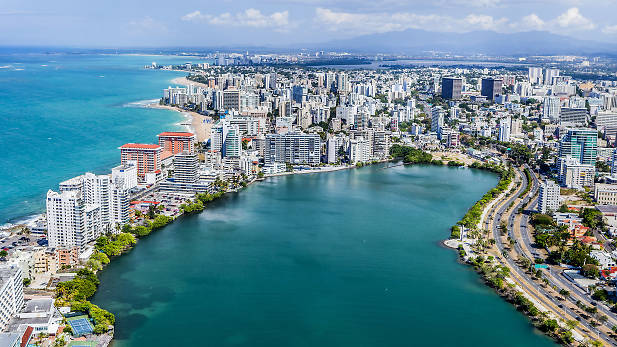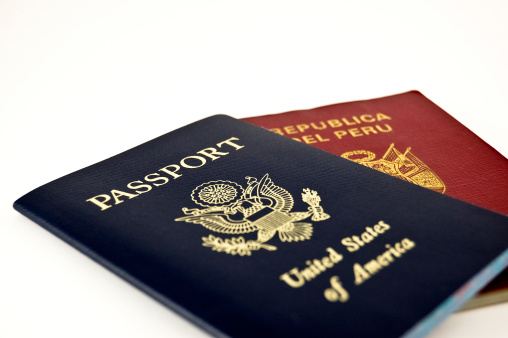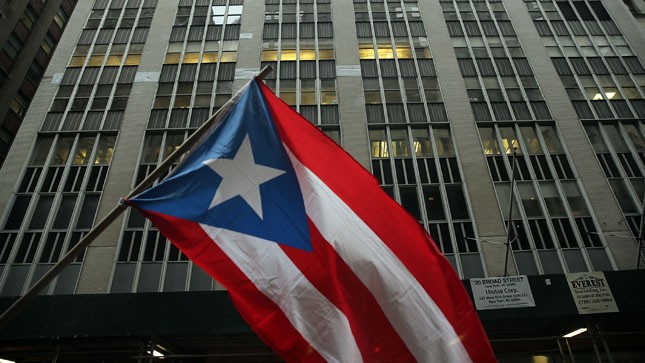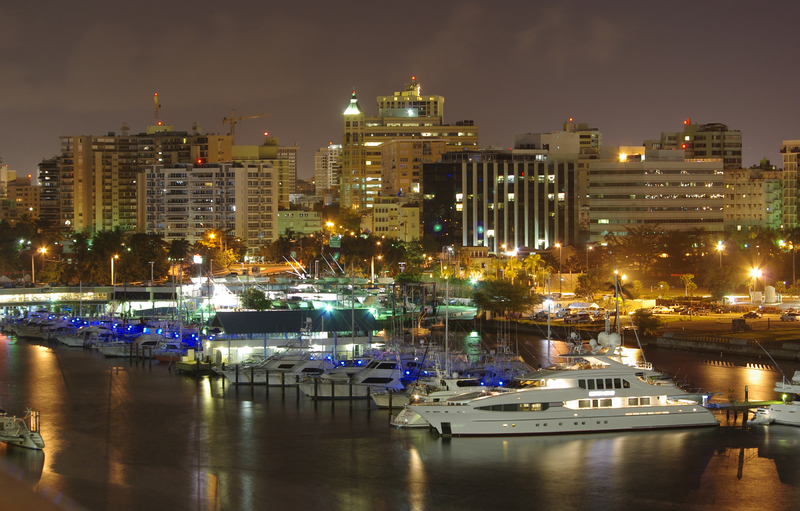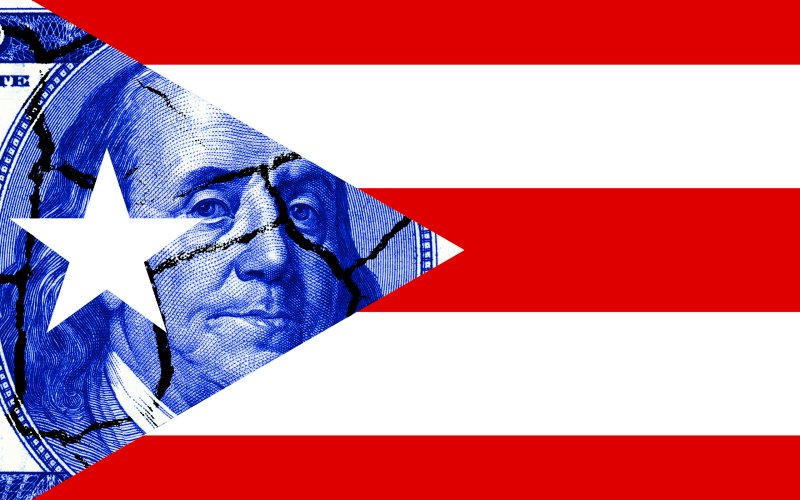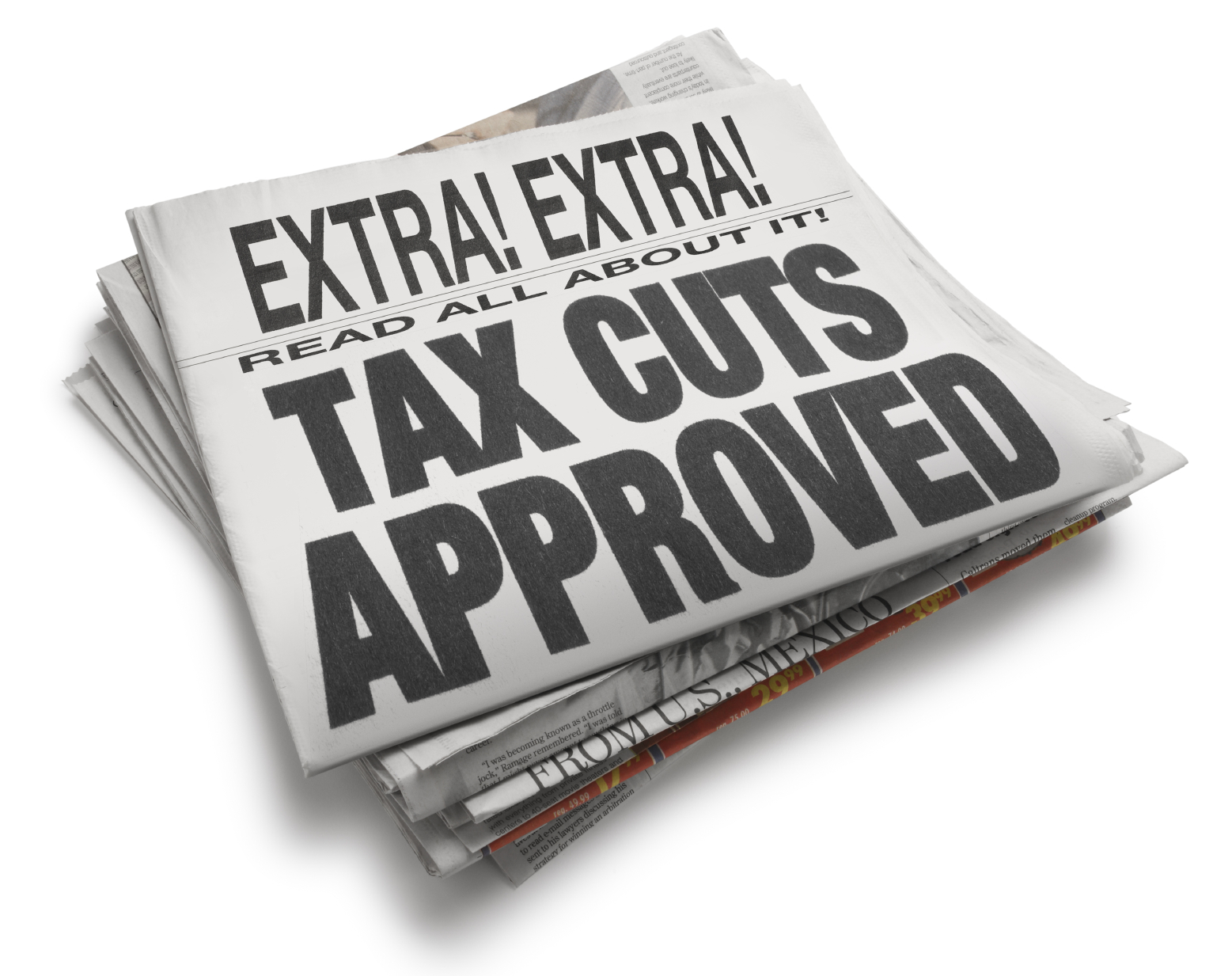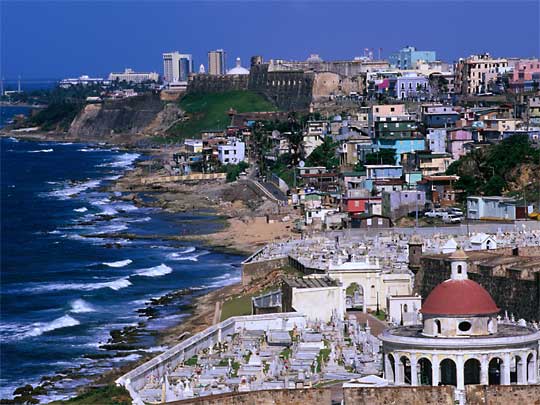Tax Planning for an International Bank License
Tax planning for an international bank license is the most overlooked issue in startup banks. Sure, most offshore jurisdictions don’t tax your profits, but other countries will be looking for their cut if you set up an office or hire employees outside of your licensing jurisdiction. Here’s what you need to know about tax planning for an international bank license.
This article is focused on international bank licensed entities, sometimes referred to as Class B banks. An international bank is usually setup in a low or no tax offshore jurisdiction. As a condition of the license, these banks are prohibited from doing business with locals but can offer all manner of international banking services.
Countries either charge a large annual fee to allow an international bank to operate in the country, or a small tax on your earnings and profits. For example, the Cayman Islands Monetary Authority charges about $87,000 a year, plus other fees, to maintain an international license. Cayman won’t tax your business and makes their money on the annual fees.
- I don’t consider Panama here because this country doesn’t issue international banking licenses to startup banks. You must have an existing license from a major jurisdiction to get an international license in Panama.
Smaller countries like Belize charge an annual fee of $15,000 and Dominica $10,000. Puerto Rico charges 4% tax on the net profits of the bank and a $5,000 annual fee.
So, the tax rate on income earned by an international bank will be 0% to 4% depending on the jurisdiction you select. That’s all fine and good… so, why does and international bank need “tax planning?” Taxes are very low no matter where you set up.
Here’s the catch: These 0% to 4% tax rates apply to income earned by the bank in its country of licensure.
If you license an international bank in Dominica, all your employees are in Dominica, and all work to generate the earnings of the bank are performed in Dominica, then 100% of the profits of the bank are Dominican sourced income and zero tax will be paid in Dominica.
But, what if you have an international banking license in Dominica, a small office with 2 employees on the island and 30 employees in the UK? The vast majority of the income of the bank will be allocated to the UK and taxed at 19%.
Do you also have a trading desk in Hong Kong? Then some of the profits will need to be allocated to that country and taxable at 16.5%. How about a sales office in the United States? Then income allocatable to that office will be taxed at 35%.
The bottom line is that income is sourced to the country where the work is performed to generate those profits. An international banking license gets you 0% to 4% on income earned in the country where you are licensed. All income earned abroad will be taxed where your employees are located.
Thus, tax planning for an international banking license includes two main components:
- Maximizing the value attributable to workers in the country that granted your international banking license, and
- Allocating income between your country of license and your foreign offices. This is a form a transfer pricing.
How much tax planning your international bank will need will depend on your business model. If you require 5 employees for a high dollar low volume business, then Dominica and Cayman will be fine. If you need 20 employees to start and plan to grow to over 100, then you should focus on Puerto Rico are a more advanced global tax strategy.
The simplest form of tax planning for an international bank is where all work is performed in your country of licensure. This is difficult in Belize with its population of 350,000 and nearly impossible in n Dominica with only 72,000 residents. While there is an abundance of professionals in Cayman, the costs of living and doing business on this island are very high.
The exception is the US territory of Puerto Rico. With a population of 3.5 million, and lower costs of doing business than any State in the Union, Puerto Rico is the most efficient jurisdiction for an international bank that will require a large number of employees. In fact, Puerto Rico is probably the only choice for a high volume transactional international bank if you want to keep your corporate tax rate below 15%.
There are international banks with over 400 employees in Puerto Rico and startups projecting 180 coming online. Puerto Rico is the only offshore jurisdiction that can support these numbers.
Yes, Puerto Rico is relatively large compared to other offshore banking jurisdictions, but that’s just part of the puzzle. Any US citizen can move to Puerto Rico and begin working… no visa, residency permit, work permit, or other red tape.
This means that an international bank licensed in Puerto Rico can move anyone it likes from the United States to the island. This gives you a virtually unlimited employment pool if you have the cash to entice them to move.
For these reasons, the fastest growing international banking center is Puerto Rico. The Island has 63 international banks operating now and 12 are in process. These banks will launch in 2 to 6 months.
This compares to 6 international banks in Belize, 15 in Dominica and 147 in Cayman (who has a 20 year head start on Puerto Rico). I expect Puerto Rico to surpass Cayman in the next 2 or years.
I hope you’ve found this article on tax planning for an international bank license to be helpful. For more on negotiating a bank license from Dominica, see: How to get an Offshore Bank License in Dominica.
For more on international bank licenses, see:
- Top 5 Offshore Bank License Jurisdictions for 2017
- The 8 Components of an Offshore Bank License
- Correspondent Accounts for Offshore Banks
- Correspondent Banking Powered By Machine Learning And Using Blockchain
- Top International Banking Licenses In 2017
For more on Puerto Rico see:
- Lowest Cost Offshore Bank License is Puerto Rico
- International Financial Entities Licenses in Puerto Rico
- How to benefit from Puerto Rico’s bankruptcy
For assistance in setting up a new international bank, or to negotiate a new correspondent account, please contact me at info@premieroffshore.com or call us at (619) 483-1708.

